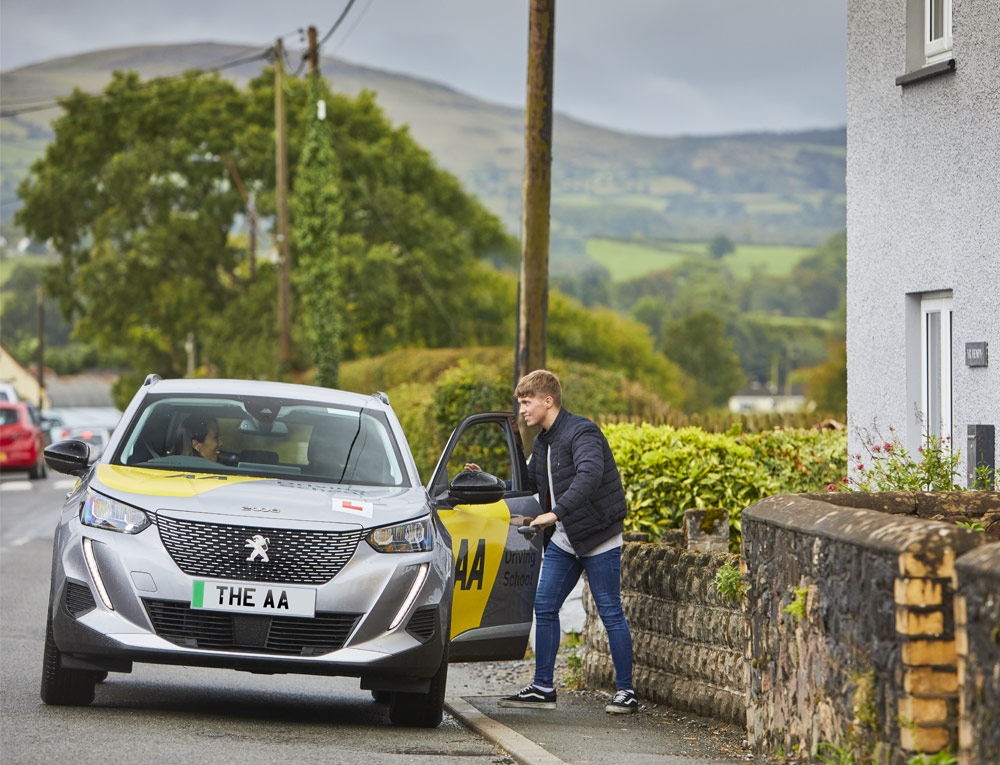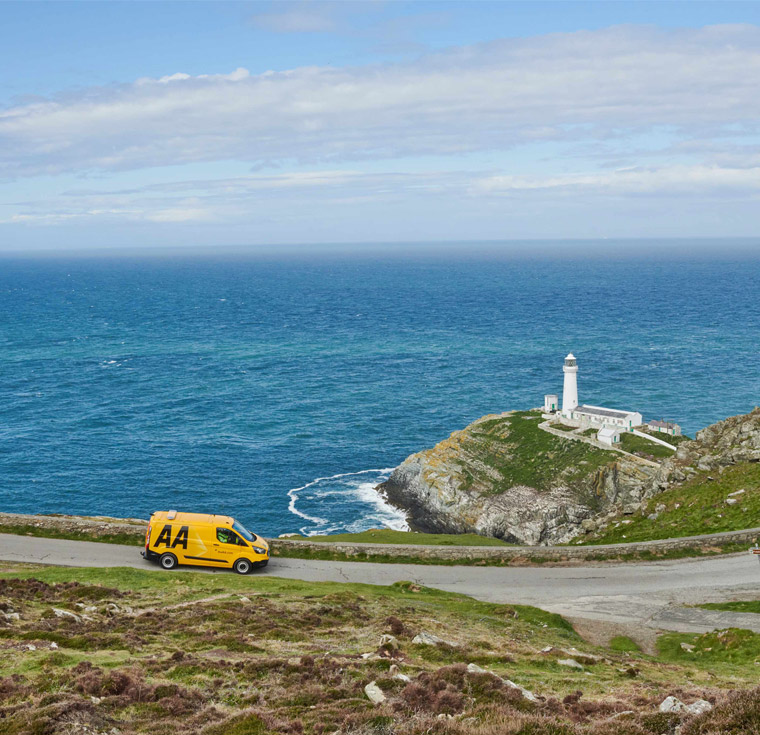We believe that driving doesn’t have to cost the earth. So we’re committed to reducing our impact and supporting drivers to do the same.
The climate crisis requires all businesses to act, and we are committed to supporting the transition to a low-carbon economy. We have set ourselves an intentionally stretching target of being net zero for our operational emissions by 2035, which covers our Scope 1 and 2 market-based emissions.
Our progress towards a lower carbon path
Our commitment to reducing our operational emissions remains steadfast, and we are pleased to report that our Scope 1 & 2 emissions are now down by 10% since our 2019 baseline year. This year we have made significant strides in laying the foundations of a low carbon operating model in our roadside business which has given us more clarity on our plan to achieve this ambitious target.

Greenhouse gas emissions (tonnes CO2e)
| FY20 | FY21 | FY22 | FY23 | FY24 | FY25 | |
|---|---|---|---|---|---|---|
| Scope 1 | 40,500 | 33,621 | 34,016 | 35,476 | 36,434 | 36,696 |
| Scope 2 (market-based) | 261 | 31 | 14 | 19 | 5 | 176 |
| Scope 1 & 2 emissions | 40,761 | 33,652 | 34,030 | 35,499 | 36,513 | 36,872 |
- Getting ready in our roadside business: we have the largest EV trained Patrol force in the country with 98% trained to a Level 2 EV capability, enabling safe work around high voltage systems.
- Electrifying our other business units: we have a wide range of tools and equipment to help EV customers at the roadside and achieving an average roadside repair rate of 88%, exceeding that of petrol and diesel. We also continue to support EV drivers across the driver lifecycle including through our insurance, driving school, SMR and vehicle resale offerings.
- Growing with the EV charge point operators: we provide support for many Charge Point Operators (CPOs) to help keep them online and make sure EV drivers have access to chargers, supporting 33% of all public charge points in the UK in FY25.
- Supporting policy that works for electric drivers: we have actively supported the Government, industry and broader stakeholders with the transition to zero emission vehicles.

Reducing waste and conserving water
Waste collected on the roadside by our patrols continues to be the most significant and we take full responsibility for dealing with this waste responsibly. Vehicle batteries were the biggest single stream in FY25, and we collected 234,068 vehicles batteries equating to 3,861 tonnes of waste which was then recycled through our waste suppliers. We also saw increases in waste from our properties and related IT equipment due to a major office move in Basingstoke and groupwide rollout of new laptops this year. Overall, our total waste grew slightly but we were pleased to see that 92% of all The AA waste is.
Water is a scarce resource and we understand the importance of preserving it. We monitor our water usage across a number of our key sites including Basingstoke, Bedford, Dartford, Newcastle, Oldbury and Redditch. This year our total water usage was down by 10% from FY24 at 17,031 m3.
